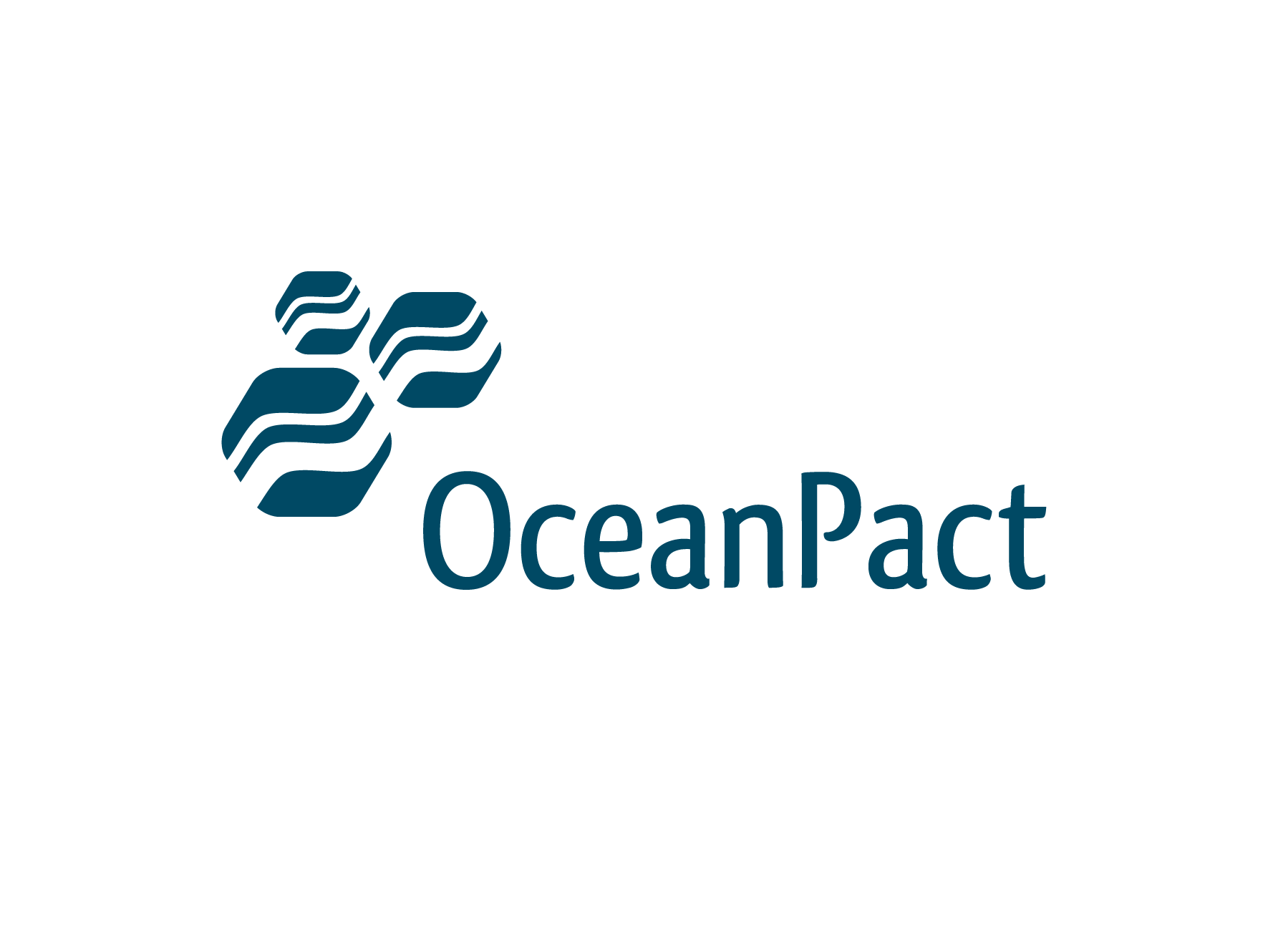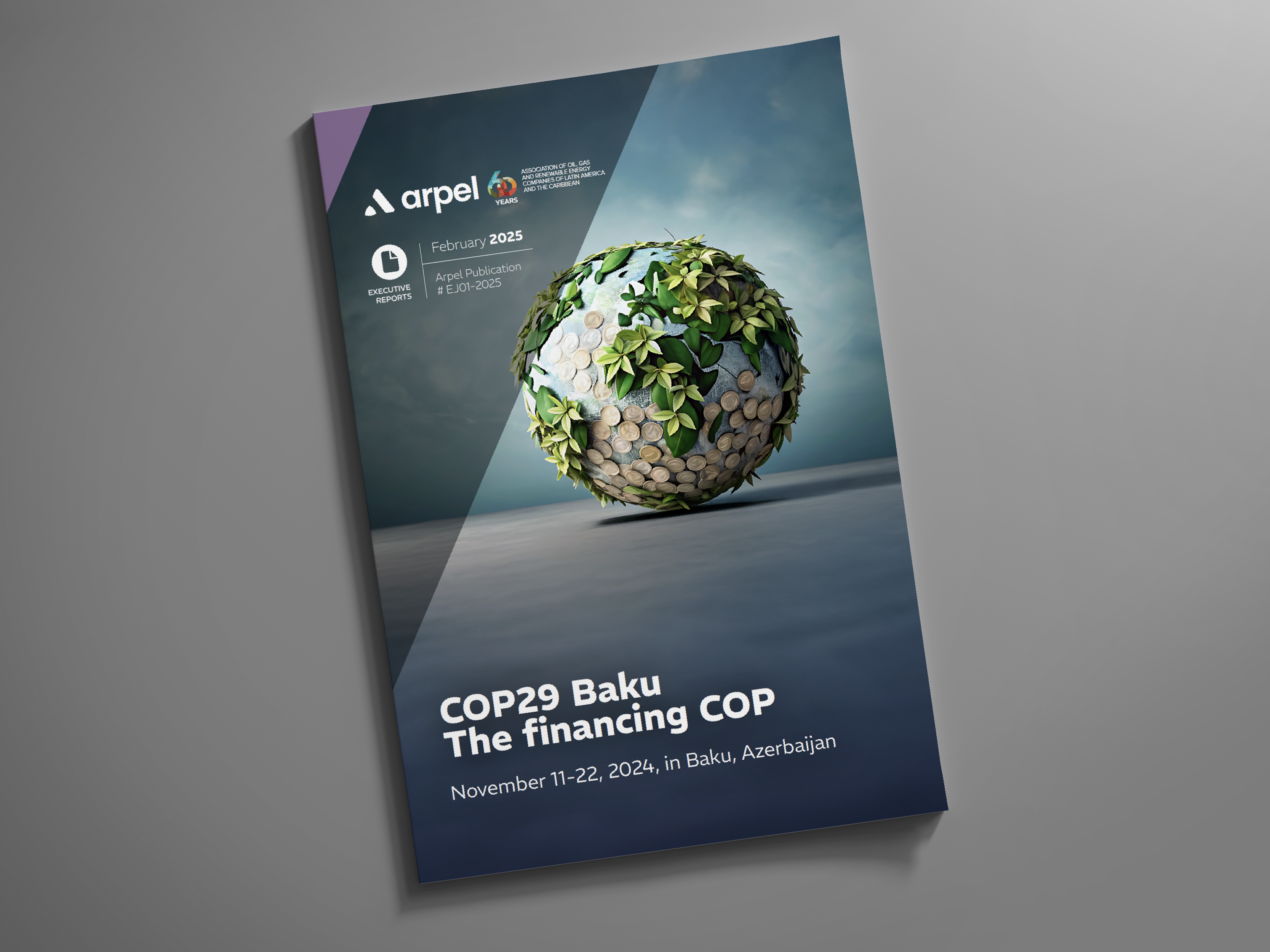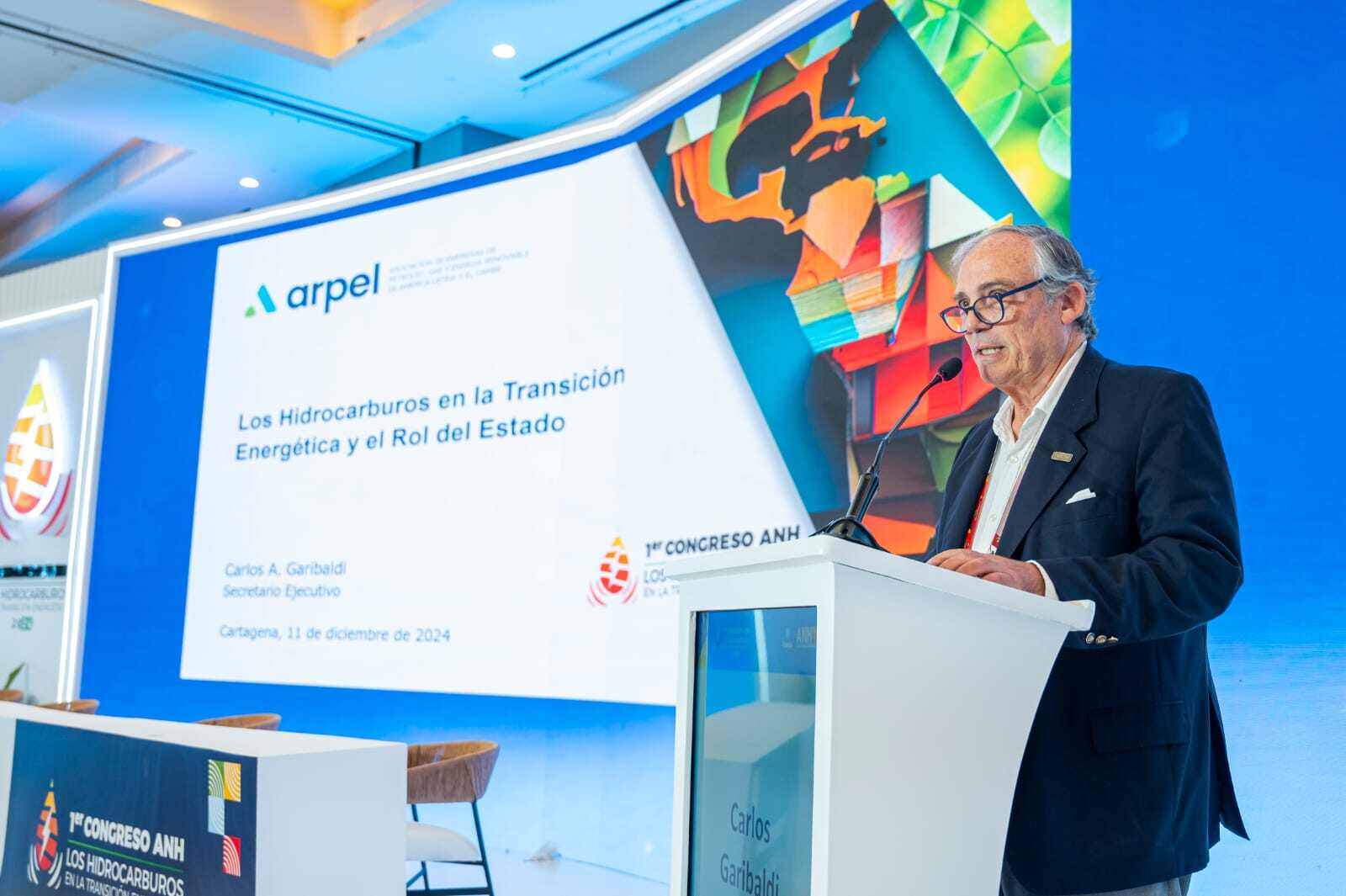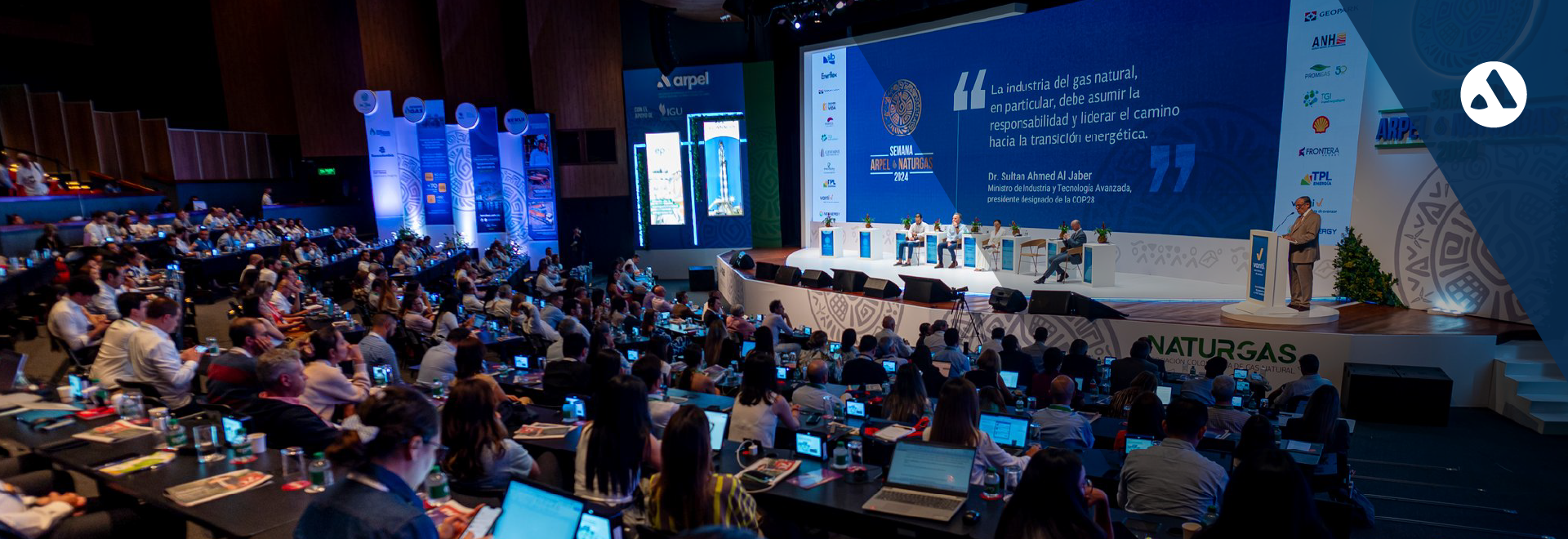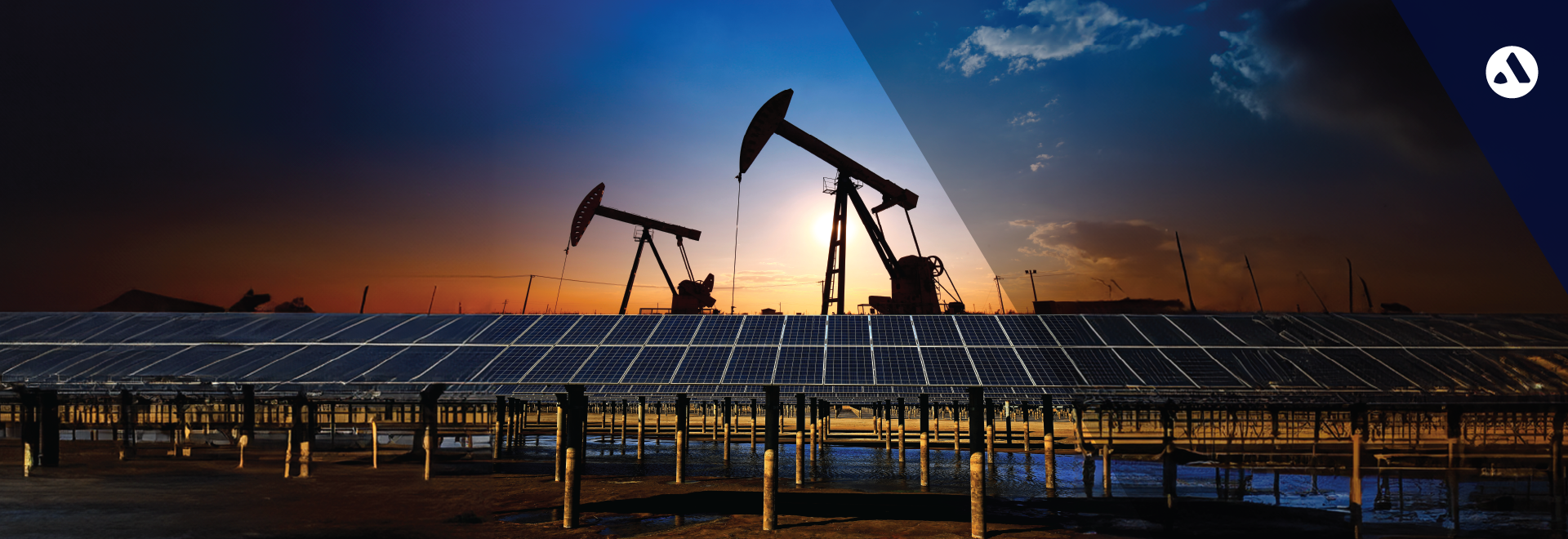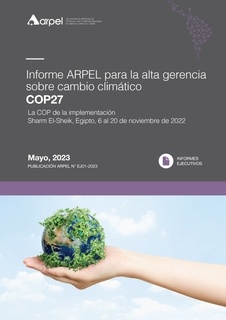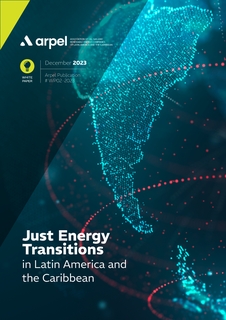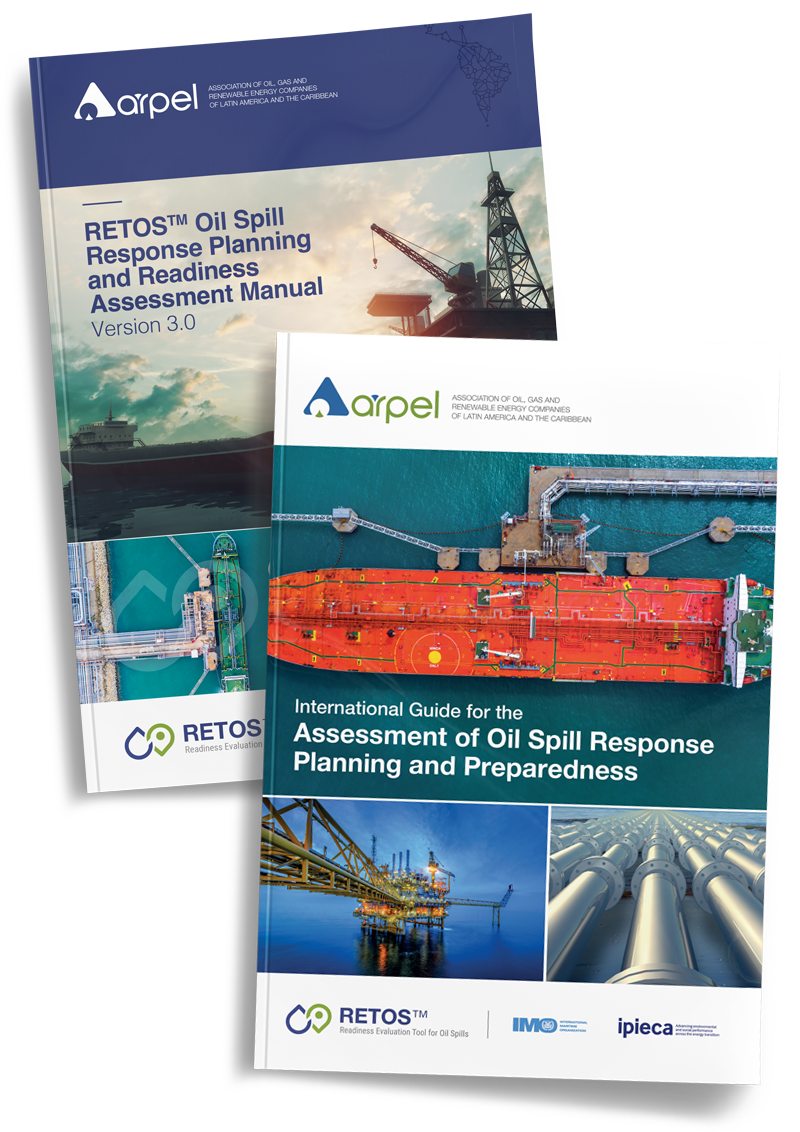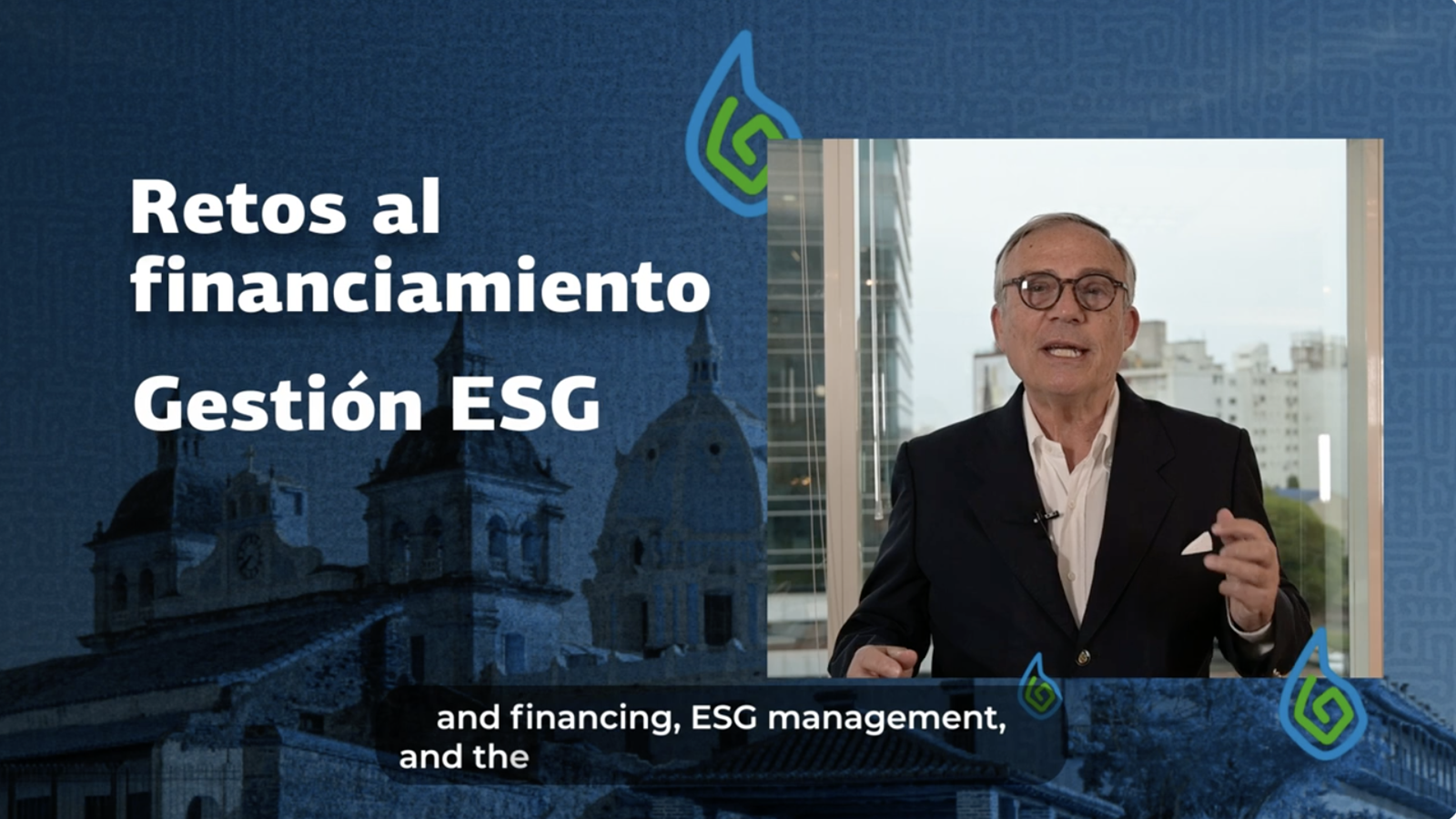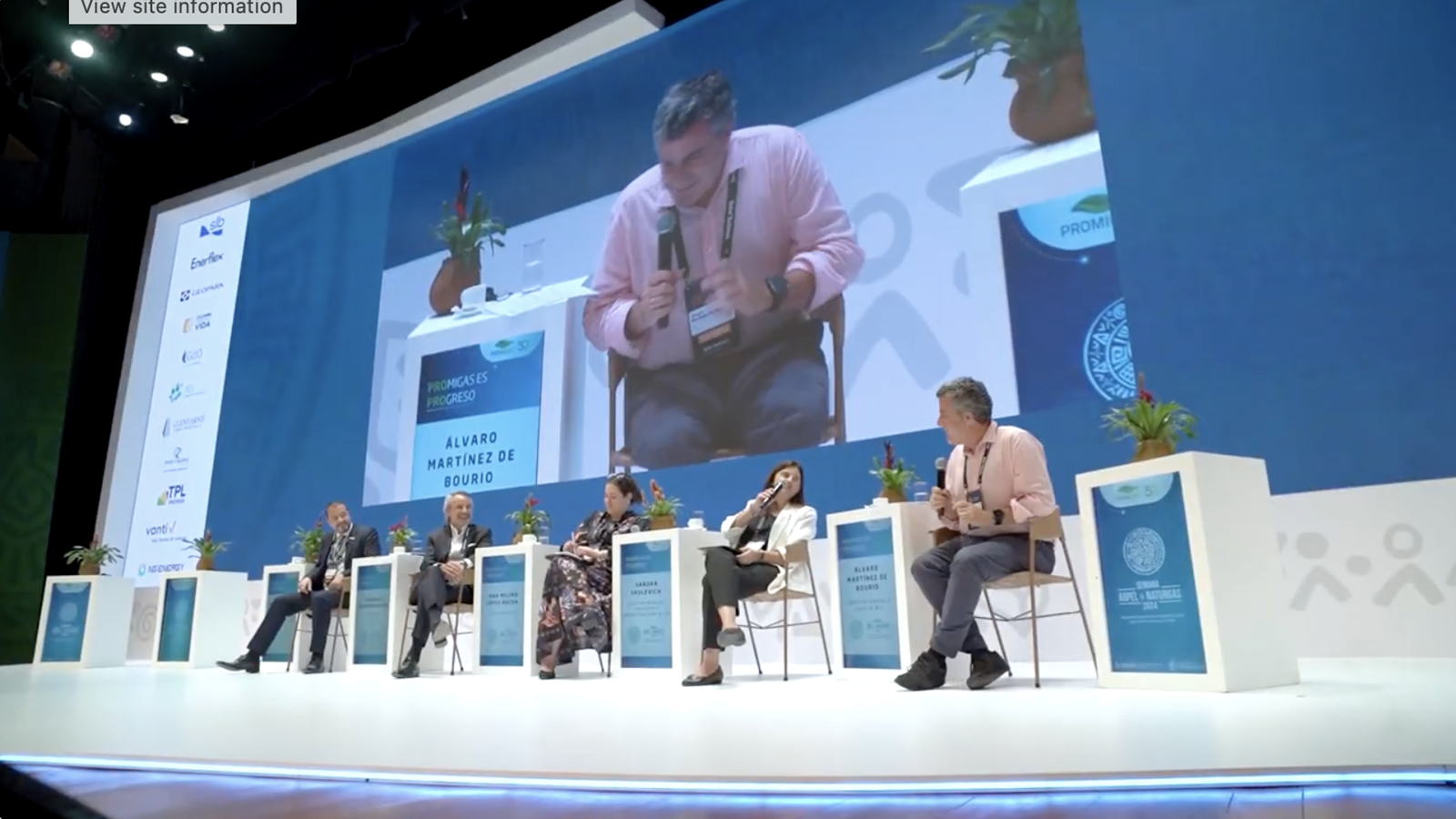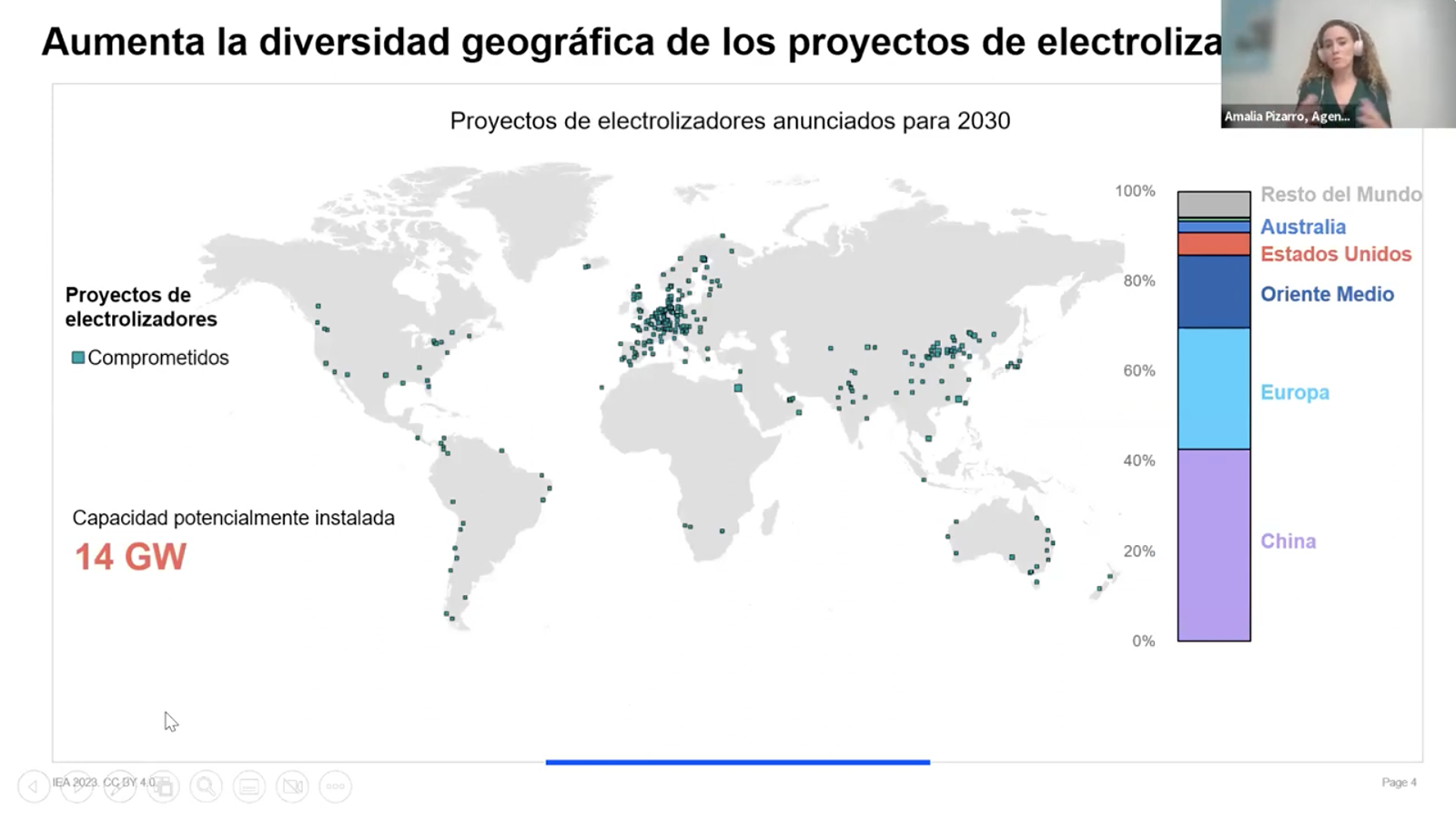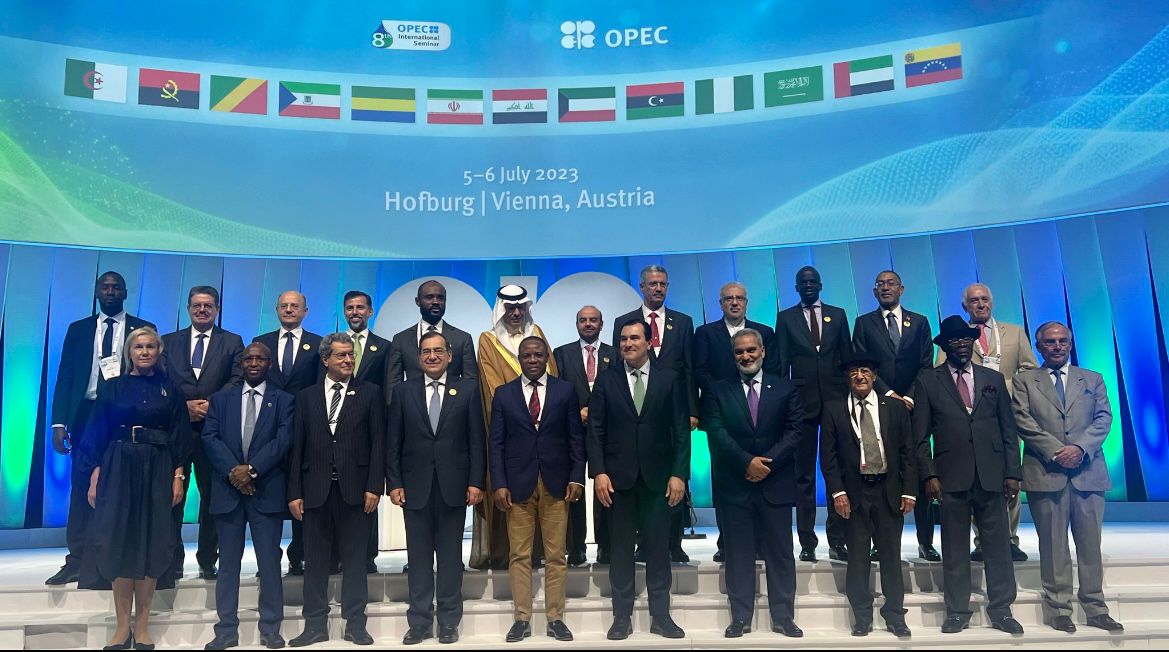
Arpel was invited to participate in the 8th OPEC International Seminar taking place in Vienna, Austria, on July 5th and 6th.
This OPEC (Organization of the Petroleum Exporting Countries) International Seminar is considered as one of the most relevant events in the global energy agenda. Among its attendees were the Ministers from OPEC member countries and other energy producing and consuming nations, leaders of intergovernmental organizations, senior executives from national and international oil companies, and other sector leaders, scholars and experts in the energy field.
Arpel’s Executive Secretary Carlos Garibaldi participated in the high-level round table on “The Pace of Energy Transitions and Climate Change Policies”.
The discussion panel also included Majid Jafar, Chief Executive Officer at Crescent Petroleum; Bernard Looney, BP Group Chief Executive/CEO; Tan Sri Tengku Muhammad Taufik, President and Group CEO at Petronas; Simon Stiell, UNFCCC Executive Secretary and Balaji Krishnamurthy, Vice President for Strategy & Sustainability at Chevron.
In his speech, Garibaldi remarked that “no matter how aspirational it may seem, that precludes hydrocarbons from the primary energy matrix. Oil and gas today constitute 55% of the world’s primary energy matrix”.
“A transition, by definition, is not an abrupt replacement. This implies coexistence and complementarity between hydrocarbons and renewable energies”, he explained, and added that Arpel member companies “are already evolving along the transition vectors, by decarbonizing their operations and facilities and diversifying their portfolios with renewable energies”.
“There is no universal recipe for energy transition, not even a regional one. To be accepted, sustainable and successful, the pathway and pace of each transition must be just in terms of circumstances and the starting point of each country, while also putting people first to ensure equity”, said Garibaldi at the last edition of OPEC International Seminar.

